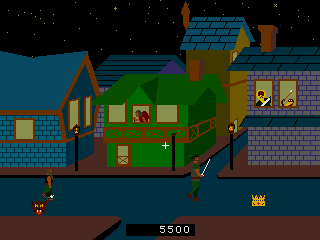About the Colon

The colon (a.k.a. the large intestine or large bowel) follows the small intestine in the digestive tract and measures approximately 1.5 meters in length. For real. The colon is primarily responsible for storing waste, reclaiming water, maintaining water balance, and absorbing vitamins B and K.
By the time your digested food reaches the colon, almost all nutrients and 90% of the water has been absorbed by the body. The remaining electrolytes (sodium, magnesium, chloride) and indigestible carbohydrates move through the colon, most of the remaining water is removed while the material is mixed with mucus and bacteria known as gut flora (mmmm mmmm), and the result is feces, which, if you’re normal (or, “regular”), is passed from your body more than three times a week.
Today, I take 28 pills: four every 15 minutes beginning at noon (20 pills total), then another four and four at 4 and 4:15 p.m., followed by a bedtime cocktail of four Dulcolax laxatives and two cans of ginger ale. Then, tomorrow, I will be sedated, and a long, flexible, lighted tube (a colonoscope) will be inserted into my rectum and slowly guided into my colon. The scope will transmit an image of the inside of my colon onto a video screen and the doctor will look at it and hopefully figure out what is (or was) wrong with me. Yippeeee!
“A toxic colon – the greatest overlooked cause of disease in the country.” Dr. Irving Mayer









 Approved
Approved




<< Home